
Transcription
Date: 12/6/2020
Subject: Blog
HARLAN RICHARDS
December 6, 2020
Life After a COVID-19 Infection
How does surviving COVID-19 impact a person's attitude towards the virus? I look at the news about the pandemic differently now that I already had the virus. Before infection, the big question everybody asks is how sick will I be if I get infected? There is no rhyme or reason to who is asymptomatic, gets flu symptoms or dies. Statistically, older people and people with underlying conditions are more likely to get sick and/or die. But that doesn't guarantee a good outcome for a younger adult or a bad outcome for an older adult. Just the other day, the news featured a 104 year-old man who was hospitalized with COVID-19 and survived it. There was footage of him smiling as he was released from the hospital.
I was very sick for 10 days and then spent the next couple of weeks with recurrence of milder symptoms. The worst symptom for me was a severs headache. It felt like I was being stabbed in my head with a dagger and it went on for days. Now, I feel as good as I did before contracting COVID-19. Based on immunity science, I know that if I am exposed again the antibodies I have will protect me. I may get it again but it will be milder and of shorter duration. Because I know I'm safe, I'm not as invested in how the pandemic plays out.
But if you haven;t gotten COVID-19 yet, you're most likely walking on eggshells. You need to take precautions to protect yourself because you don't know how COVID-19 will affect you. I understand why President Trump played down the seriousness of COVID-19 after he survived it. Since he had the best medical care available and received medications which are not available to other patients, he recovered quickly. From his selfish, self-absorbed view, COVID-19 was no longer important. It doesn't matter to him how many people die from COVID-19 because he knows he won't be one of them.
Even though I survived without serious complications, I don't want to see people to die needlessly. I am still willing to wear a mask and social distance because that's what keeps people safe (as safe as possible- COVID-19 us so contagious it's hard to avoid becoming infected if you come in close contact with someone who has COVID-19). I believe we have an obligation to others to not subject them to a dangerous situation. I guess it's the Golden Rule: do unto others as you would have them do unto you.
I don't want other people putting me at risk of harm so I try not to put them at risk of harm. we have many laws based on this principle. Drunk driving laws are there to protect us from intoxicated drivers. Medical malpractice laws protect us from incompetent doctors. You get the point. Why should a potentially lethal pandemic risk be any less important than the aforementioned risks?
If only a few more months, multiple vaccines will be available. Those who want protection can get vaccinated, those who don't can refuse it. Even though I've already had COVID-19, I'll still get vaccinated. It may provide me with an extra level of protection, it has no harmful effects and it may save someone's life because I have less chance of becoming a walking virus factory.
We all get to choose what sort of person we want to be. We can be selfish and only take care of ourselves. Or we can live according to a higher purpose and act for the benefit of others.
I remember learning about a theory of human behavior when I took the Get the Edge program at Oakhill many years ago. There are 4 types of actions:
1) those that are bad for you and bad for others;
2) those that are bad for you and good for others;
3) those that are good for you and bad for others;
4) those that are good for you and good for others.
Always strive to take category 4 actions so you can do good for yourself and others.
Other posts by this author
|
2021 jun 25
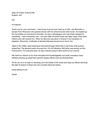
|
2021 may 25
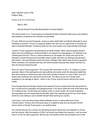
|
2021 apr 23
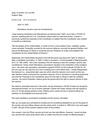
|
2021 feb 19
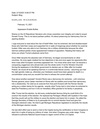
|
2021 feb 17
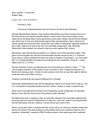
|
2021 feb 15
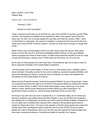
|
More... |
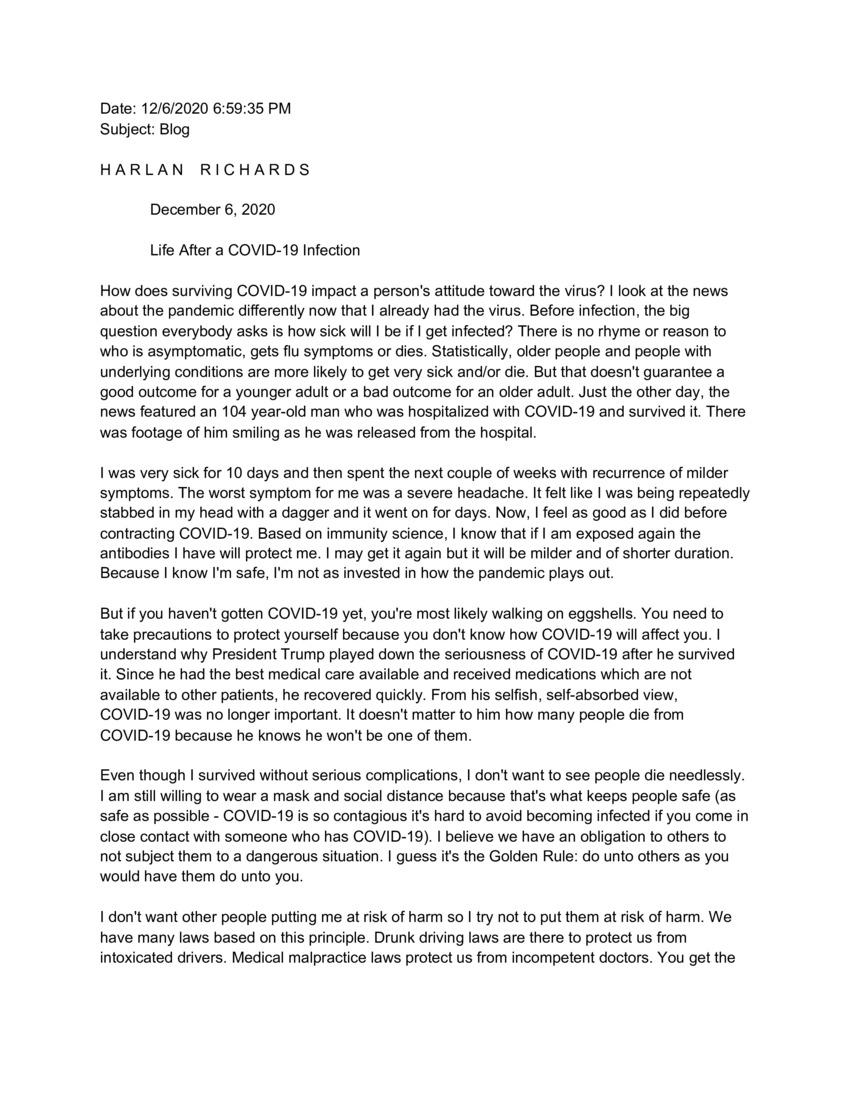
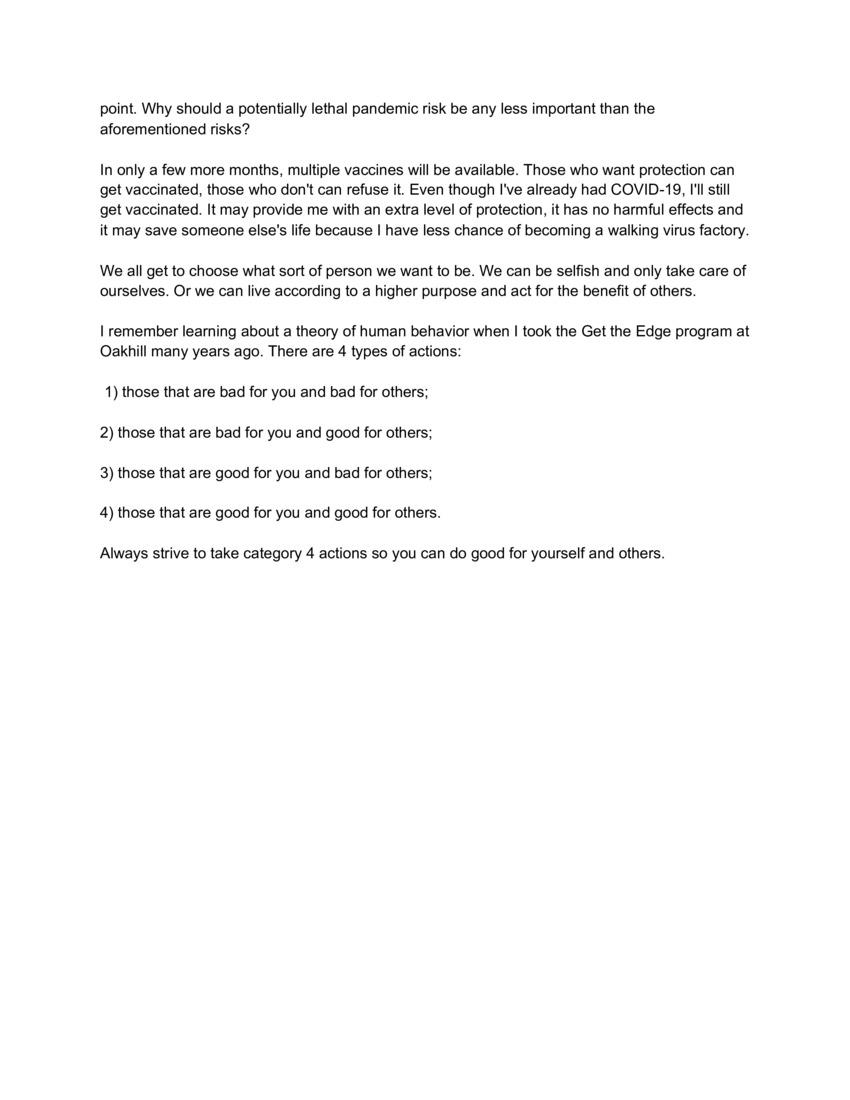

Replies (2)